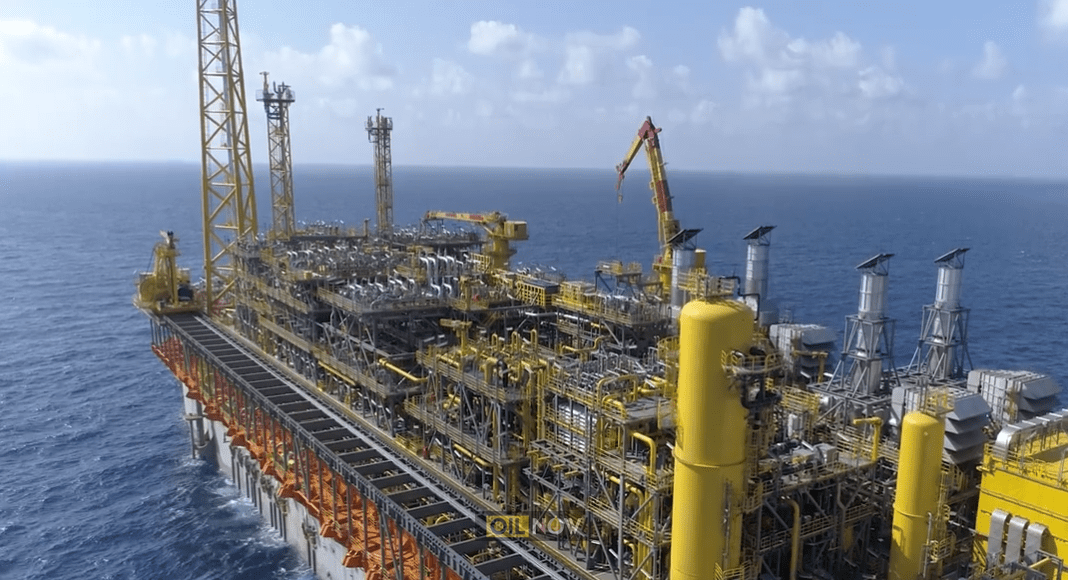Guyanese economist Bobby Gossai Jr. said that with the expected growth in offshore activity there will be an increased need for supply vessels and shore base capacity which means more investment dollars will flow into the new South American oil producing country.
Gossai Jr. was speaking on a recent virtual oil and gas panel discussion hosted by The Caribbean Council, entitled ‘What does the future hold for Guyana and its New Administration?’
His presentation delved into the economic aspects of the oil and gas industry and featured sub-topics such as Guyana’s real GDP growth, linkages between income and spending, Guyana’s Foreign Direct Investment (FDI) flows, the impact of reserve growth on discovery projections, local content benefits, the economic limit of Liza Phase 1 at US$60 per barrel, petroleum revenue management and policy issues, among others.
“We have a shore base that is servicing six vessels at any one time at maximum. You will need over 30 vessels to service five FPSOs offshore so you could just look at the economic activity and think about that as this country moved forward,” he said.
“We have a reserve that is 8 billion barrels of oil equivalent. We want to see what the growth in additional discoveries will be,” he said.
“By 2023 there is expected to be three offshore operations [and hence] three FPSOs. By 2026 Guyana is expected to be producing 750,000 barrels per day with five FPSOs. So that is massive investment coming into the country by 2027-2028,” he said.
Gossai Jr. pointed out that the incremental volume of business that is coming in is allowing the local private sector to adopt new ways of doing business, new technologies, new approaches and new capital markets because there will be the need for new investment.
He said there are several mid-term economic lifelines for the authorities to consider. These are: to establish new legal and regulatory frameworks; ensure sustainable productivity; advance Guyana’s energy transition; modernise traditional sectors; build out the necessary transformational infrastructure (Deep-water harbour, the Linden to Lethem Road, high-span bridge across the Demerara River); strengthen social and healthcare services and address post-COVID-19 recovery: 2021 and 2022.
Following the commencement of oil production in December 2019, Guyana has so far had three crude oil entitlement lifts, accruing almost $150 million which has since been deposited into the Natural Resource Fund.



